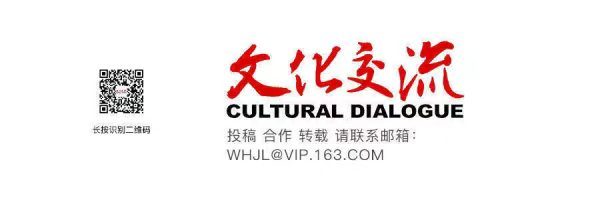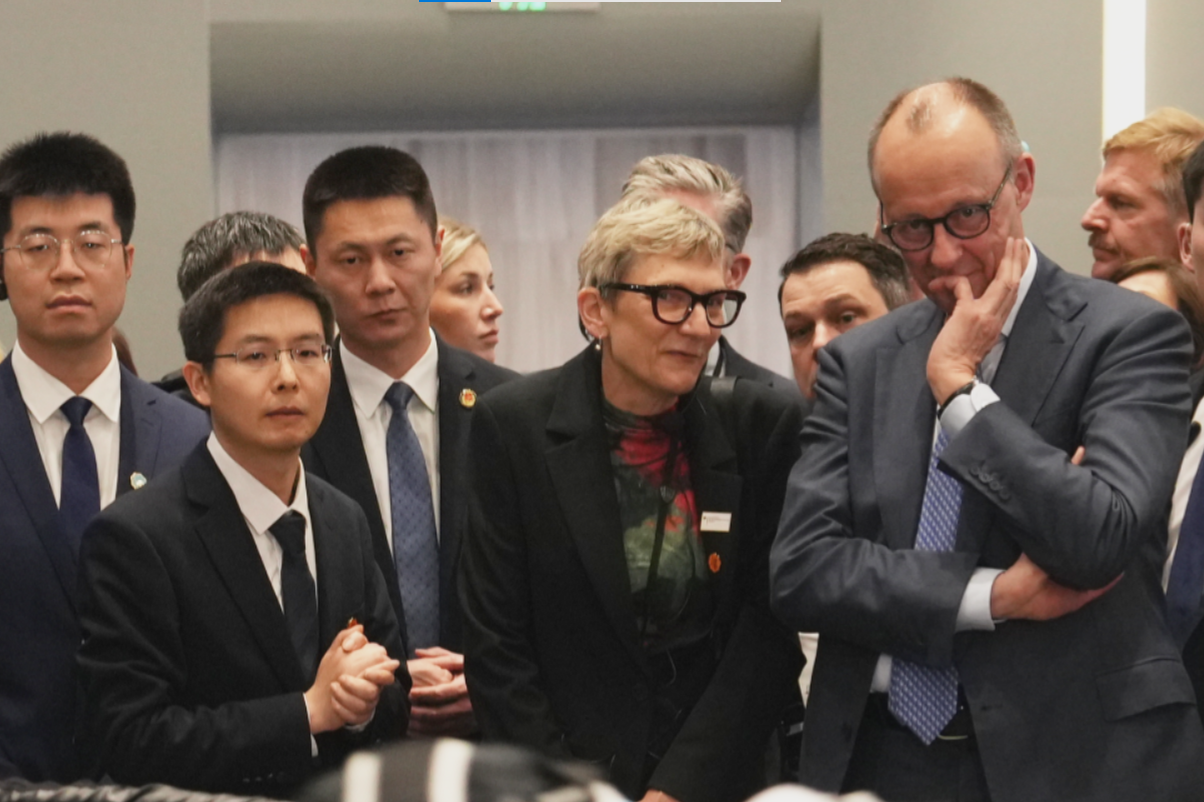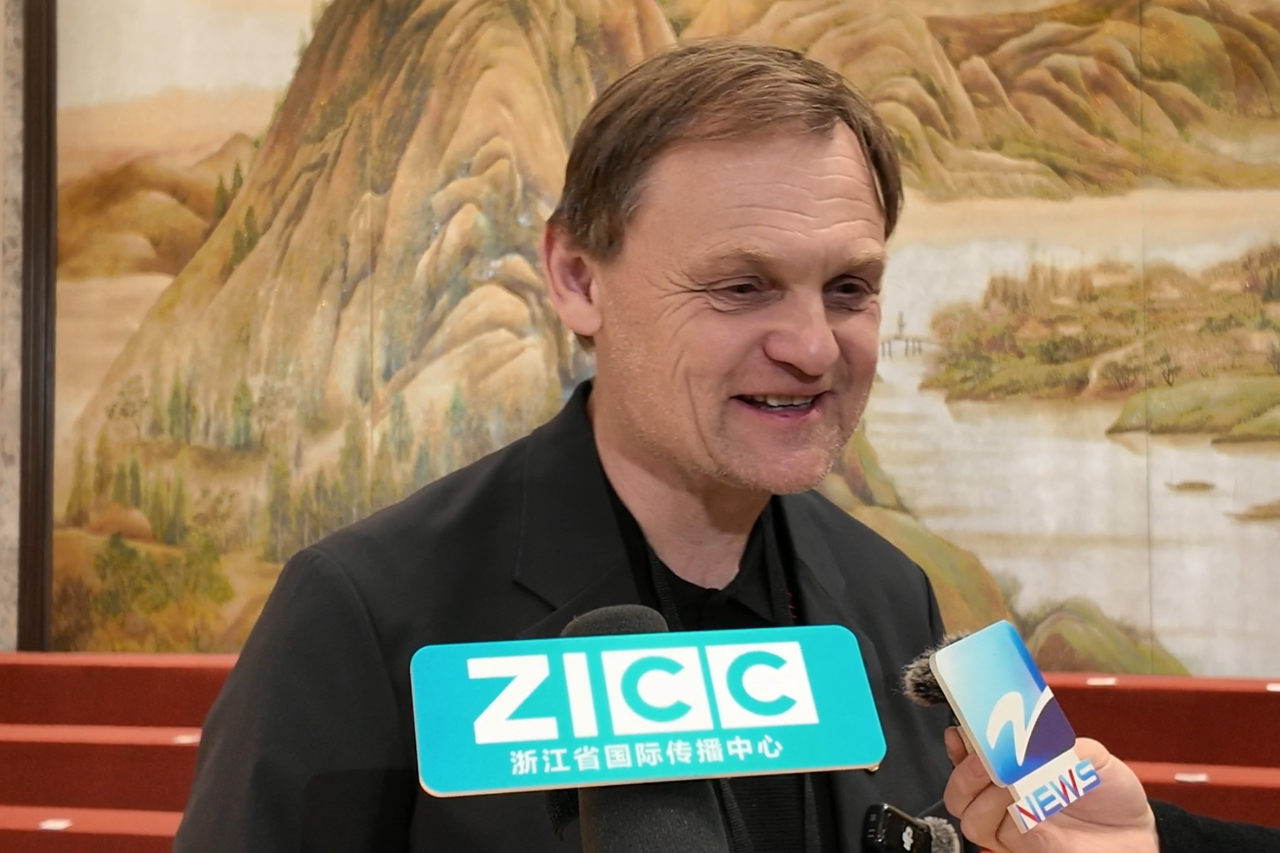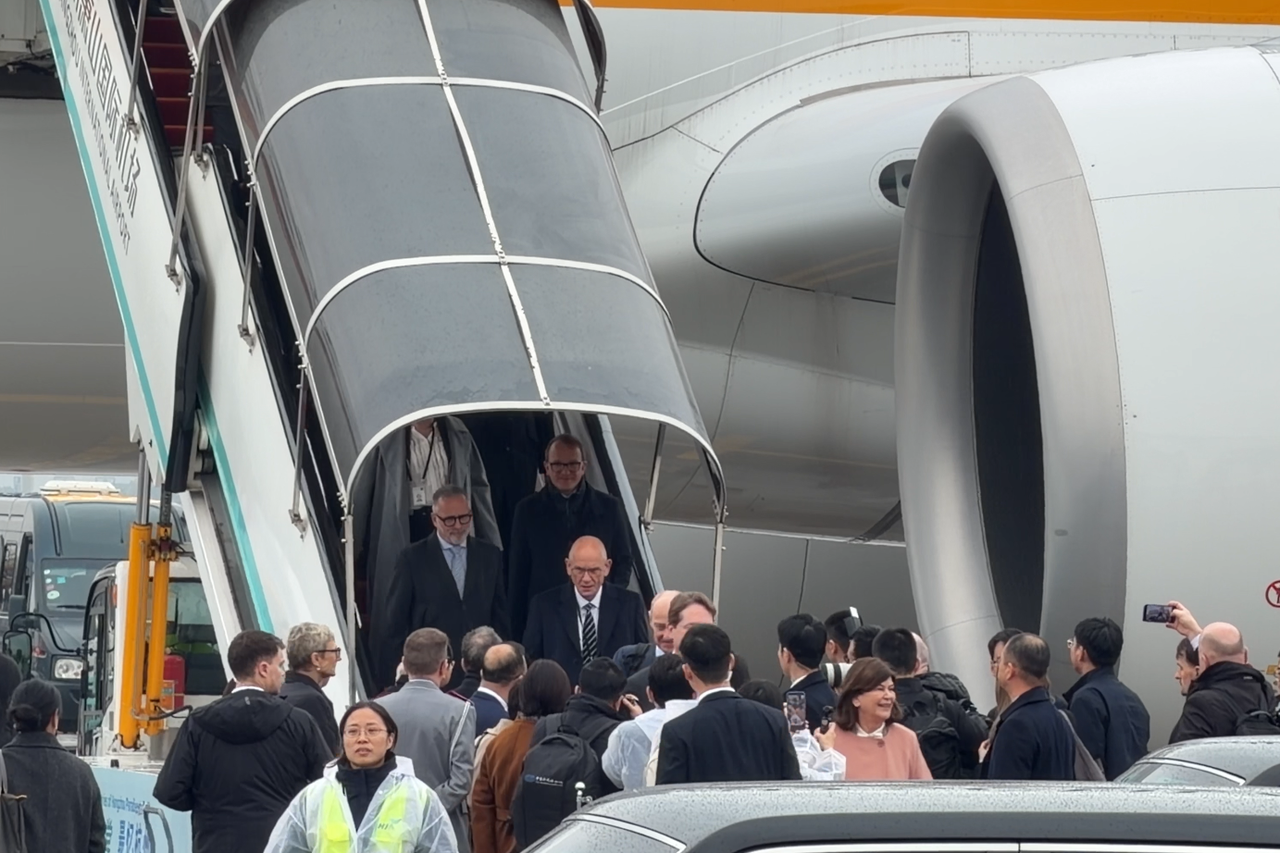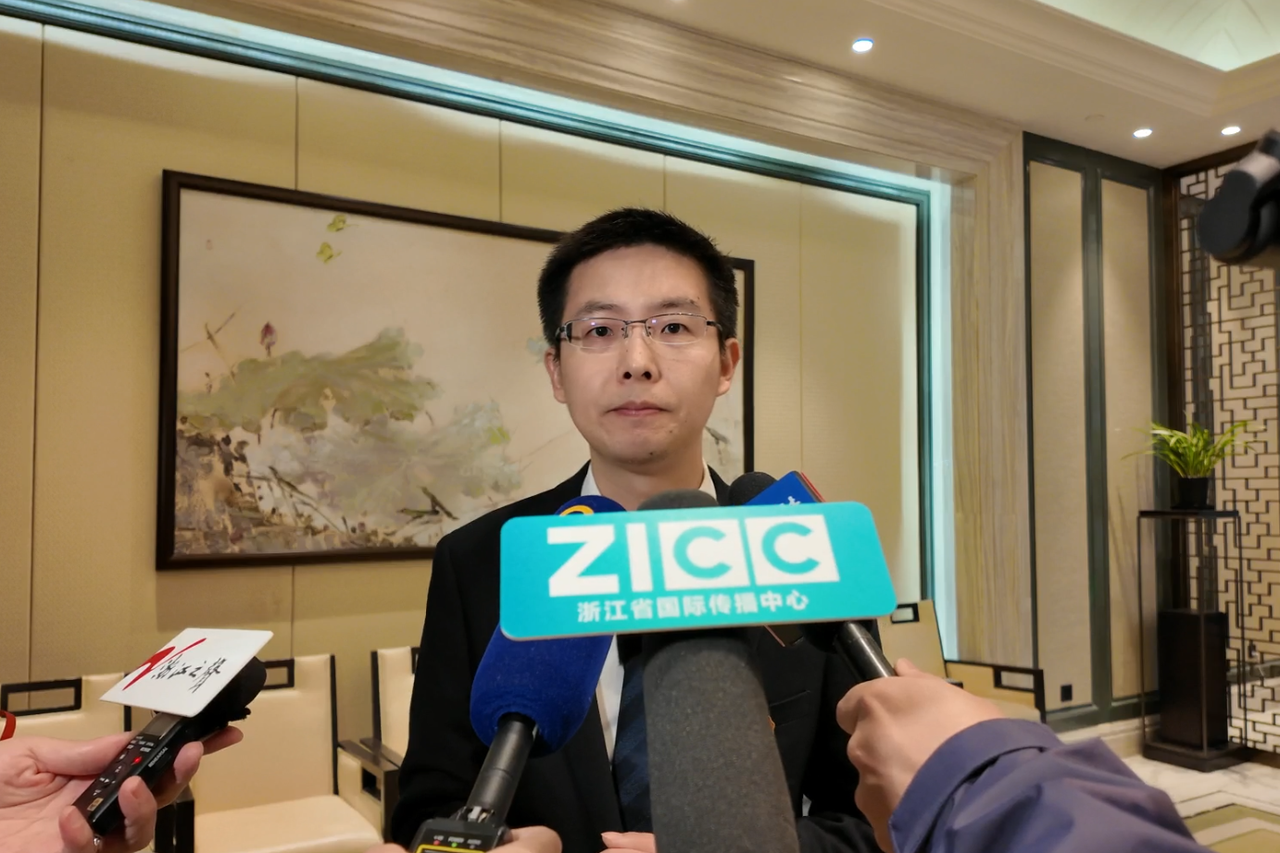The Yongjia School of Thought or simply Yongjia School was one of the three most influential philosophical schools, along with the School of Principle represented by Zhu Xi (1130-1200) and the School of Mind founded by Lu Jiuyuan (1139-1192), during the Southern Song dynasty (1127-1279). When tracing its origins, Ye Shi (1150-1223), widely believed to be the doyen of the Yongjia School, counted Zhou Xingji (1067-1125), Zheng Boxiong (ca. 1124-1181), Xue Jixuan (1134-1173), and Chen Fuliang (1137-1203) as the four great philosophers who had established and developed the school.
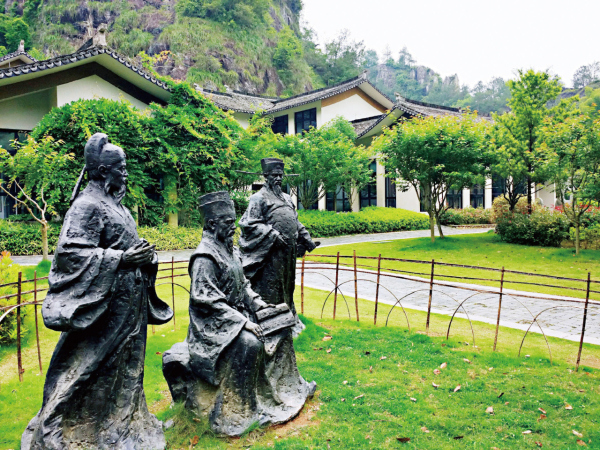
Ye Shi once wrote, "Therefore, the learning of Yongjia and the idea to guard against material desire was initiated by Zhou and further developed by Zheng." The "Zhou" and the "Zheng" refer to Zhou Xingji and Zheng Boxiong, and here, apparently, Ye had regarded Zheng as a pioneering figure of the Yongjia School who had helped solidify its status.
But who was Zheng Boxiong? While historical records are somewhat sketchy when it comes to Zheng, with those available bits of documents and information, a rough picture of who he was could still be pieced together.
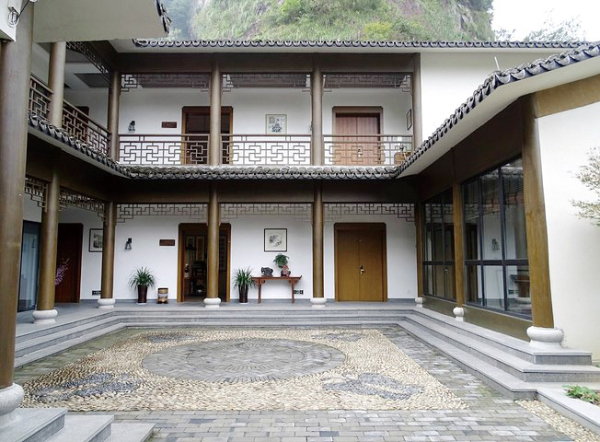
A native of Biaoshan village in Yongjia county, Zheng Boxiong was given the courtesy name Jingwang and was called Master Fuwen by scholars. Born into a literary family, he received a very good education at a young age. Zheng Xiji, Zheng Boxiong’s father served as a mid-level official in Wenzhou’s education system. His mother, nee Chen, also came from a family whose members held public offices. In 1145, Zheng ranked first-class in the imperial examination and was conferred the title of metropolitan graduate with honors (jinshi jidi). Since 1150, he held a string of positions in Wuzhou (present-day Jinhua city), Fujian province, the Directorate of Education, and Anhui province, among others. In 1185, Zheng died of illness while serving as the perfect of Jianning (present-day Jianning city) in Fujian province. He was buried at the northern hill of the Chengjue Temple at Dongchuan village, Yongjia county.
Zheng was known for his uprightness and incorruptibility. In 1150, when he acted as the county magistrate of Huangyan county at the young age of 27, he had already shown his braveness and decisiveness in enforcing laws. Chen Jiqing (1180-1236), a Southern Song scholar, praised Zheng in the Annals of Chicheng (present-day Linhai city): young as he was, Zheng Boxiong was as firm as a rock, and his character was as pure as a lotus flower, which earned him the title "Magistrate Stony Lotus". Indeed, as the commander of military office for Prince Wei in 1173, he advised the prince against being so insouciant, as "those who lack humility will not be acknowledged by others." Unsurprisingly, the advice was not taken too kindly by Prince Wei, and Zheng resigned in protest.
As an official, Zheng’s compassion for the common people was evident. In August 1166, a deluge hit the area of Wenzhou. Coastal flooding flattened houses and drowned over 20,000 people. As the Proctor of the Directorate of Education, Zheng convened a meeting with fellow Wenzhouese in the capital, and, together with officials of Wenzhou origins serving in the imperial court, he asked the emperor for help, which was granted. Official relief later greatly lessened the suffering of the Wenzhou people; in fact, a number of residents from neighboring Fujian provinces were also relocated to replenish the Wenzhou population. In June 1170, Zheng called for governmental relief when Fujian, where he served as the supervisor of taxation, salt, and tea, was hit by severe draught. Once again, heeding his plea, the imperial court offered relief and helped local people tide over the difficulties.
Erudite and cultured, Zheng’s noble character had a lot to do with his learning. Many a philosopher and scholar at the time spoke highly of him. Zhu Xi considered Zheng "honest and refined"; Yuan Xie (1144-1224), educator and philosopher, celebrated him as "a great Confucian master of our time"; Chen Liang (1143-1194), statesman and philosopher, called Zheng "a moral beacon of Yongjia"; and Ye Shi lauded him as "a man of virtue and integrity since very young and a model teacher".
A model teacher Zheng was, for he made great contributions to education. While holding public office in Fujian, he set up schools and published rare Neo-Confucian books, which greatly extended its influence. Young and upcoming Confucian scholars like Ye Shi and Chen Fuliang, who would go on to become masters of the Yongjia School, were all Zheng’s students. His writings were also highly acclaimed: his poems were regarded by his contemporaries as being reminiscent of those from Jin (265-420) and Tang (618-907) dynasties. Unfortunately, most of Zheng’s poems have been lost and only nine have survived.
Born in the year 1130, Zheng Boying was one of the leading figures of the Yongjia School as well and was as well known as his elder brother Zheng Boxiong. Courtesy named Jingyuan, Zheng Boying called himself Gui Yu Weng (literally "Returning Foolish Old Man") in the latter years of his life. He died in 1192.
In 1163, Zheng Boying ranked fourth in the imperial examination, and when Boxiong heard of the news, he gladly declared to Boying, "my brother, you have bettered me." However, Boying resigned from office just serving one term as the assistant prefect of Xiuzhou (present-day Jiaxing), which the imperial court was perhaps more than happy to accept, for Boying was known for his outspoken and acerbic criticisms of the establishment and could easily make himself an enemy of the powers that be. Nonetheless, like his elder brother, Boying was highly respected by his friends and fellow scholars. Chen Zhensun (1179-1262), a Southern Song bibliographer, thus commented on them, "of the recent Yongjia scholars, the two Zhengs are the foremost” and “both are heroic figures".
Zheng Boqian, Zheng Boxiong’s cousin, was also an important scholar of the Yongjia School. His only surviving book Taiping Jingguo Zhi Shu (or the Book of Governance during Peace Times) is an exposition on Zhou Li (or the Rites of Zhou), from which the full extent of his academic achievements could never be gleaned. Zhen Bohai, also Zheng Boxiong’s cousin, was yet another public official and educator. During his retirement, Bohai set up a private school that recruited over 500 students.
As the authors of Song Yuan Xue An (or Annals of Scholars in the Song and Yuan Dynasties), a history of Confucian philosophy during the period, observed, "during the reign of Qianchun (1165-1189), a great number of Yongjia scholars emerged, and without exception, they had all looked to the Zheng brothers as the leaders."
